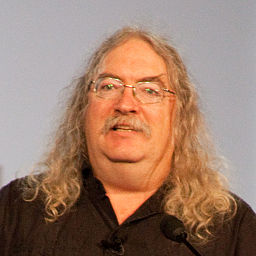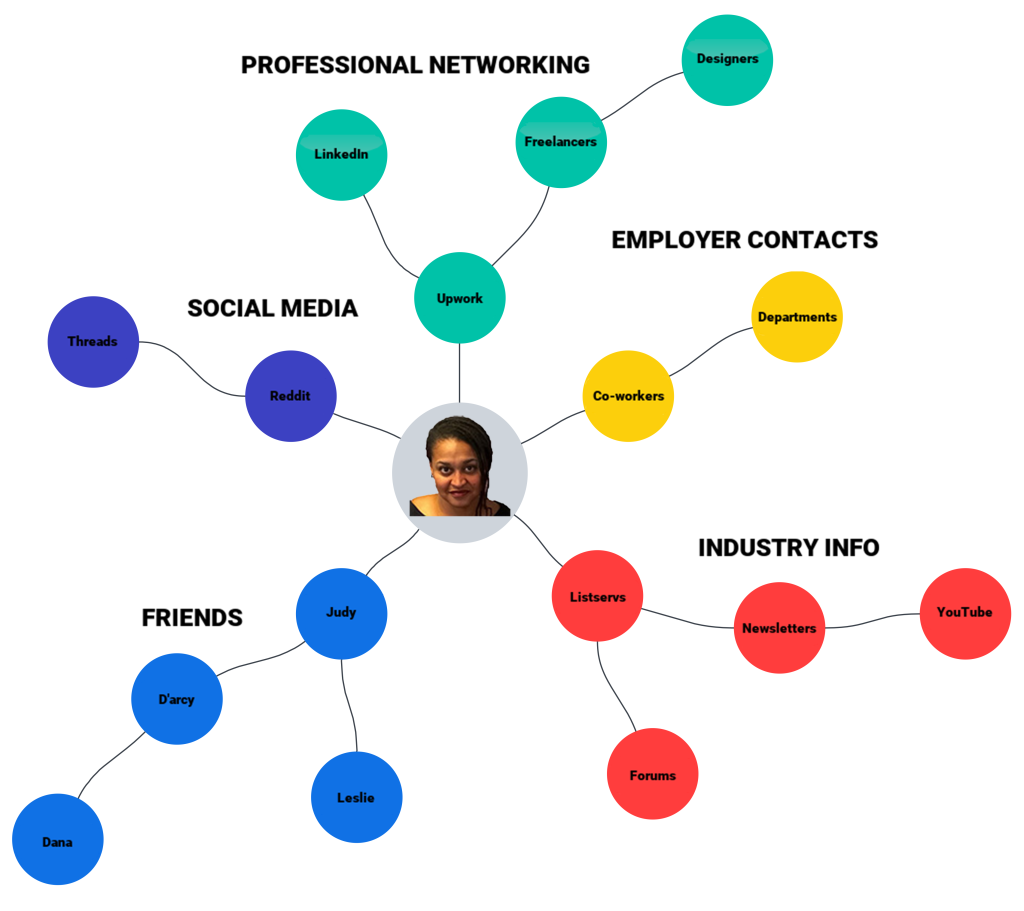Week Five
CONNECTIVISM
Connectivism has often been called ‘A Learning Theory for the Digital Era’ as it explores technology-enabled increases in knowledge.
Because no existing learning theory specifically encompasses the developments of technology to increase our access to information – Connectivism stepped into the breach. The ability for people to always be connected (or terminally online as some might say), gives rise to the ability to find vast amounts of information and in so doing, creates by extension the need for discernment, the ability to assess credibility, engage in critical thinking, dialogue, to spot plagiarism or incidents of cyber-bullying and understand basic Internet security.
A Note from Stephen Downes on Diverse Opinions
“This new knowledge is not inherently any more reliable than the old. A community that limits its diversity, that becomes closed, is as liable to err as a person who refuses to look around, refuses to take measure. A person, exposed only to limited points of view, with limited opportunities to interact, will be similarly bereft of insight.”
– Stehen Downes From An Introduction to Connective Knowledge
STEPHEN DOWNES
Connectivist Thought Leader

Personal Opinion- I follow Stephen Downes online, his writing is prolific, and his daily newsletter is a must-read every single day.
I also completely agree with him on most things, the open-education and open-access movements bring along the democratization of education; with Open Educational Resources, and the availability of free or low-cost credentialed online programs, the future is here.
That said, I also agree with many of the criticisms that have been lodged against the theory. Notably, it assumes access to high-speed internet, which is very rare globally, and for those of us with ample connectivity, there is this tacit assumption that digital literacy is widespread, when in fact is just as likely (and proven by results) disinformation is omnipresent and its adoption very widespread. I’m sure Stephan would agree, Connectivism research will have to grow to answer for these abhorrent digital literacy skills in the populace.
“PERSONAL LEARNING NETWORK” (PLN)
WORKS CITED
STEPHEN DOWNES IMAGE
[url=https://commons.wikimedia.org/wiki/File:Stephen_Downes_2009_cropped.jpg][img]https://upload.wikimedia.org/wikipedia/commons/thumb/5/51/Stephen_Downes_2009_cropped.jpg/512px-Stephen_Downes_2009_cropped.jpg[/img][/url]
[url=https://commons.wikimedia.org/wiki/File:Stephen_Downes_2009_cropped.jpg]Stephen Downes 2009 cropped[/url]
Stephen_Downes_2009.jpg: Terri Brown
derivative work: Mike Linksvayer, CC BY 2.0 <https://creativecommons.org/licenses/by/2.0>, via Wikimedia Commons
STEPHEN DOWNES QUOTE
CONFERENCE SERIES. (n.d.). https://library.oapen.org/bitstream/handle/20.500.12657/33882/449459.pdf?sequenc#page=84
ELAINE’S PERSONAL LEARNING NETWORK IMAGE
All rights reserved


